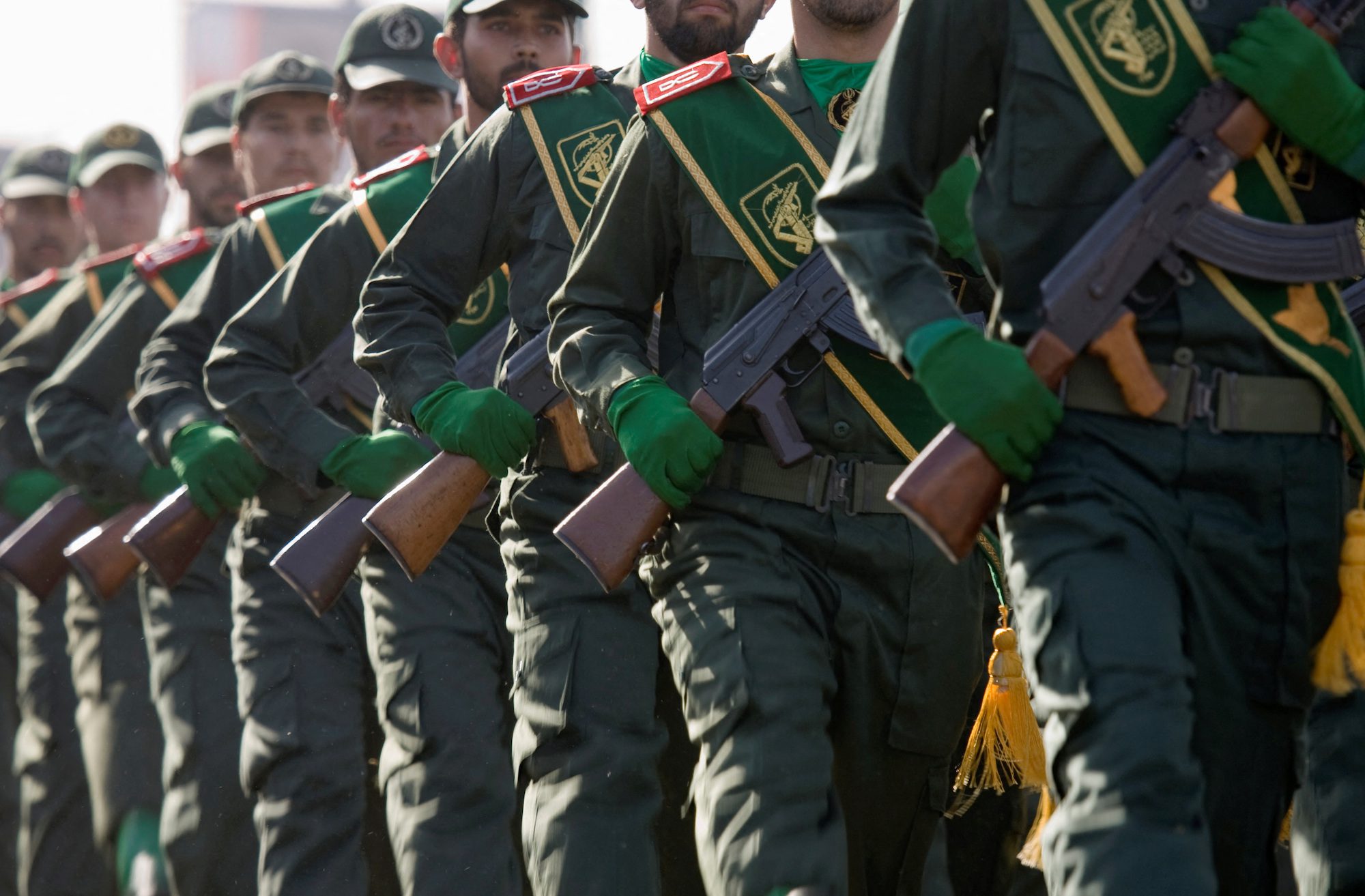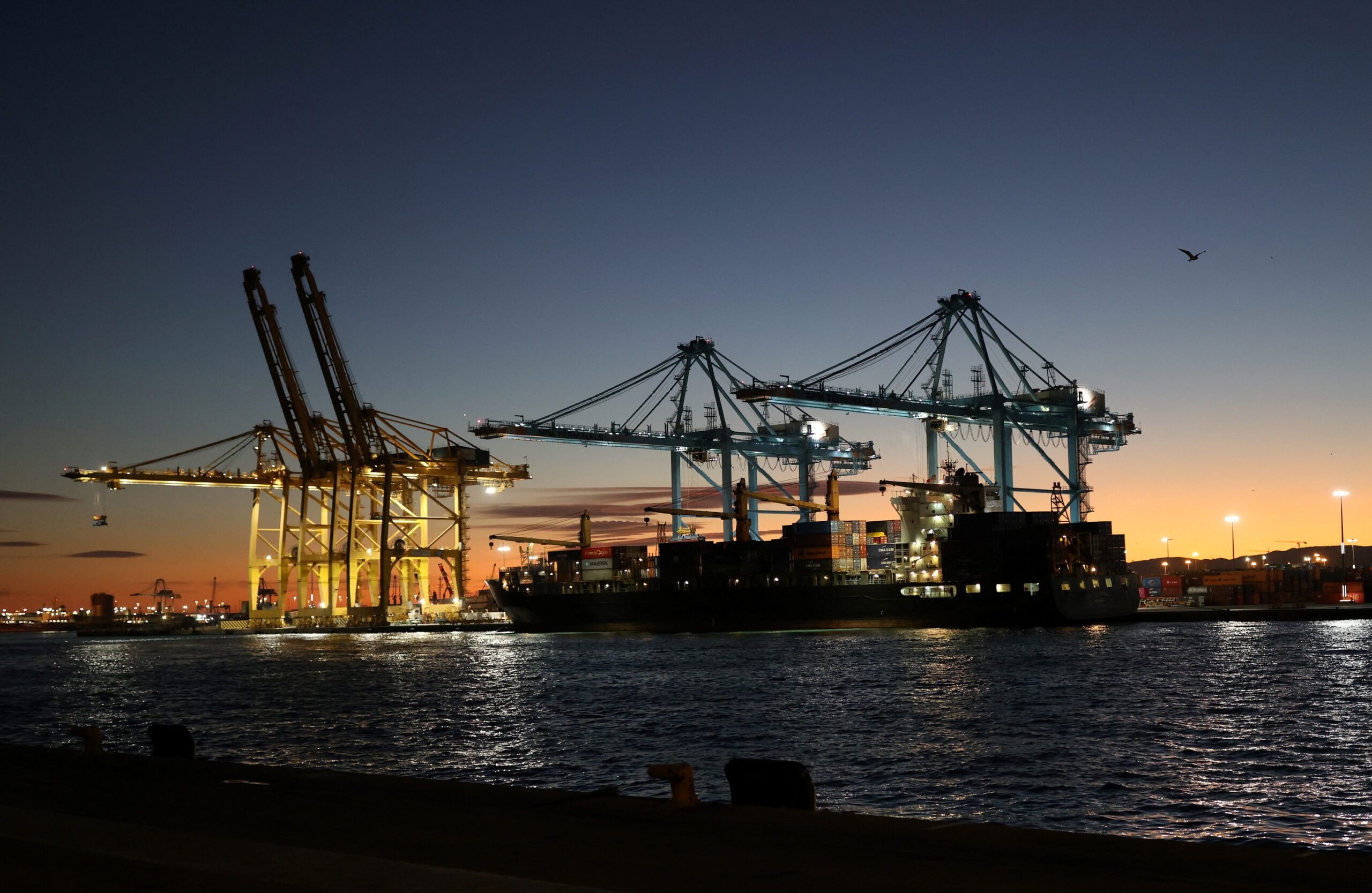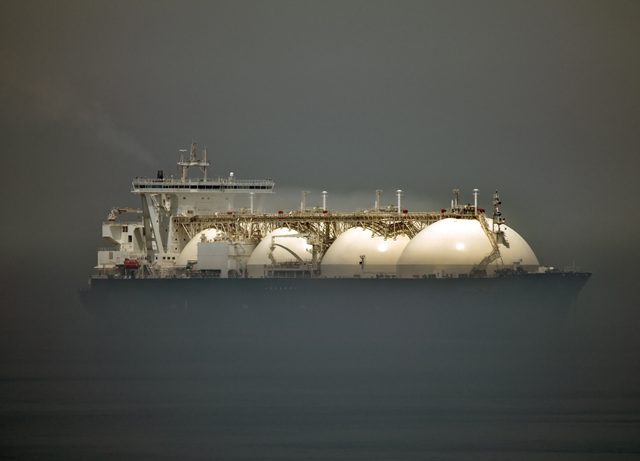The U.S. Department of the Treasury’s Office of Foreign Assets Control (OFAC) has designated 22 entities across Hong Kong, the United Arab Emirates, and Türkiye for facilitating the sale of Iranian oil that benefits the Islamic Revolutionary Guard Corps-Qods Force (IRGC-QF).
The action targets what Treasury officials describe as a sophisticated “shadow banking” infrastructure that Iran uses to circumvent international sanctions. According to OFAC, the IRGC-QF leverages front companies outside Iran that use offshore accounts to transfer hundreds of millions of dollars in profits from Iranian oil sales, ultimately funding weapons programs and terrorist activities across the Middle East.
“The Iranian regime relies heavily on its shadow banking system to fund its destabilizing nuclear and ballistic missile weapons programs, rather than for the benefit of the Iranian people,” said Secretary of the Treasury Scott Bessent.
Today’s sanctions represent the second round targeting Iran’s shadow banking infrastructure since the President issued National Security Presidential Memorandum 2, which directed a campaign of maximum pressure on Iran.
Among the designated entities, Türkiye-based Pulcular Enerji purchased multiple shipments of Iranian oil from IRGC-QF allocations worth hundreds of millions of dollars in 2024. The company coordinated its purchases with Hizballah-owned oil brokerage Concepto Screen SAL Off-Shore and IRGC-QF officials.
The sanctions also target Golden Globe, a Türkiye-based cover company for the Islamic Revolutionary Guard Corps’ oil headquarters that handles hundreds of millions of dollars in oil sales annually. The company’s oil deals involved multiple tankers including the URI (IMO 9248497), LUNA PRIME (IMO 9174220), ETERNAL PEACE (IMO 9259745), and TITAN (IMO 9293143).
As a result of these designations, all property and interests in property of the designated persons that are in the United States or in the possession or control of U.S. persons are blocked and must be reported to OFAC. The sanctions also prohibit all transactions by U.S. persons involving any property or interests in property of blocked persons.
Violations may result in civil or criminal penalties on U.S. and foreign persons, with OFAC able to impose civil penalties for sanctions violations on a strict liability basis.

 Join The Club
Join The Club











